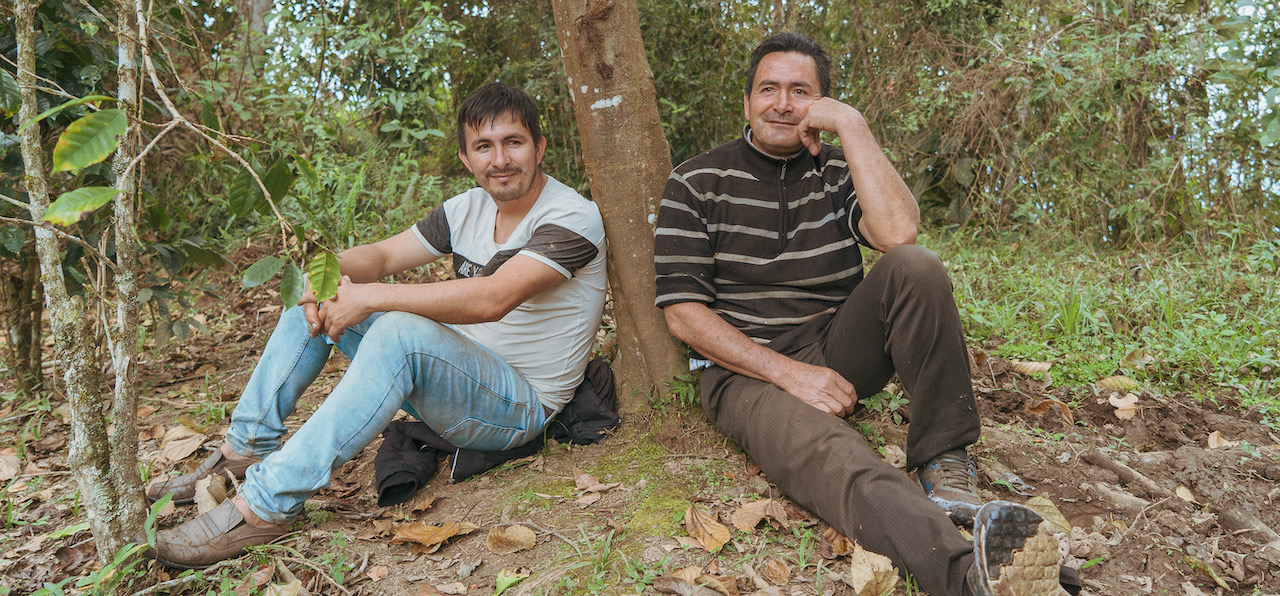
As my knowledge on specialty coffee increased, a virtuous circle was born
The Coronado family has been producing coffee for three generations since the grandfather’s generation near the Chontalí district in the northern Peru. We spoke with Mr. Hermogenes Coronado, who runs the coffee farm with his son, Mr. Nicolas Coronado, the third-generation at the farm.
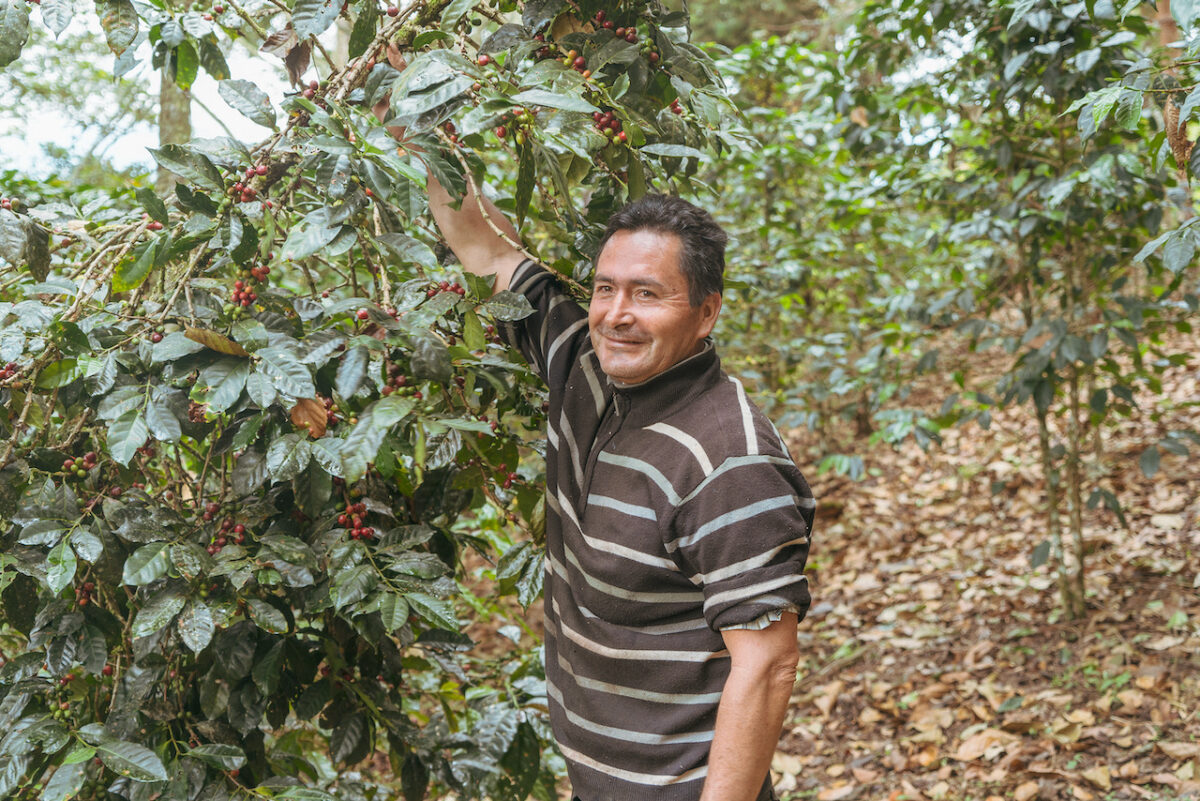
Hermogenes states, “To create relationships with different markets of the various categories and achieve sustainable management, we are growing a variety of coffee varieties such as Caturra and Typica, which account for about twenty percent of our production. We are also looking for exotic varieties like Geisha.”
It’s been thirty years since Hermogenes started this business, following in the footsteps of his father, who owned a coffee farm. He has been producing coffee for thirty years but he has only been growing specialty coffees for the past three years.
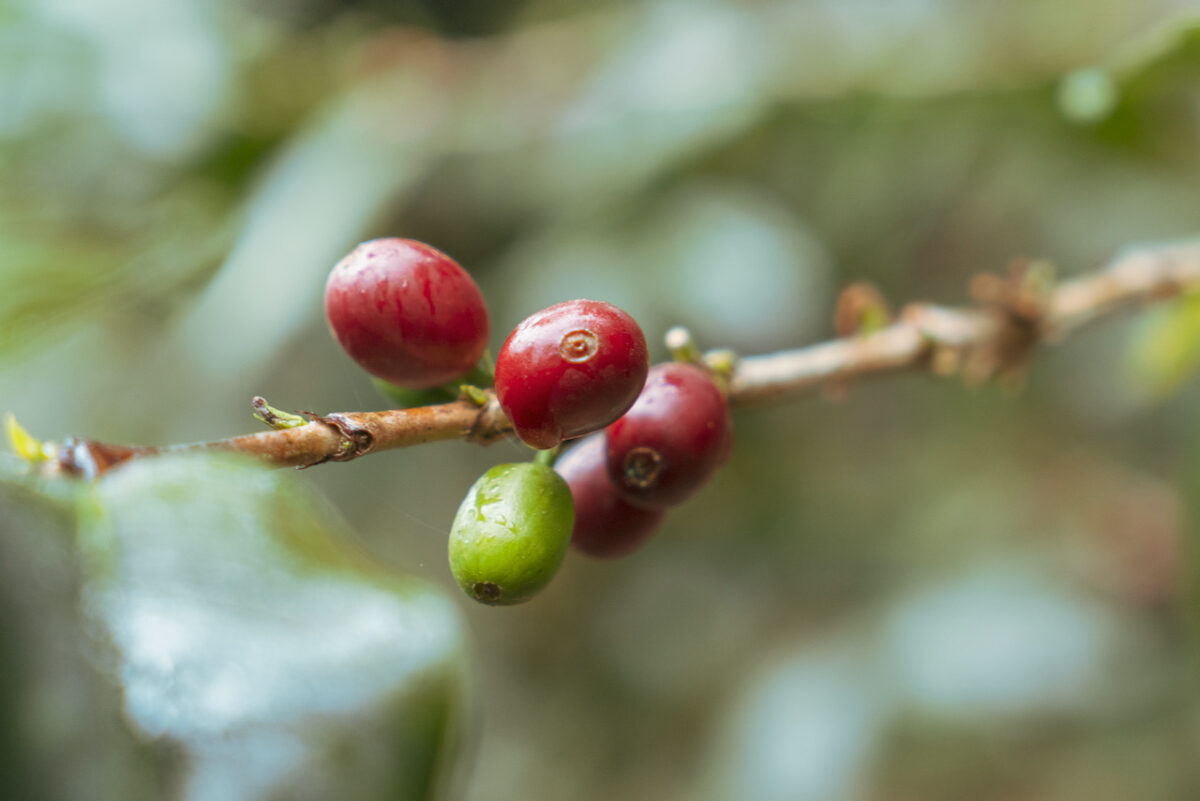
“I started growing specialty coffees when I started working with an engineer who taught me the process of improving the quality of growing coffees.”
“The good thing about specialty coffee is that the price is based on the quality. The price difference between specialty coffee and commercial coffee is 100 – 200 soles (about 23 – 46 USD) per bag of 45 kg, so it’s very motivating for us.”
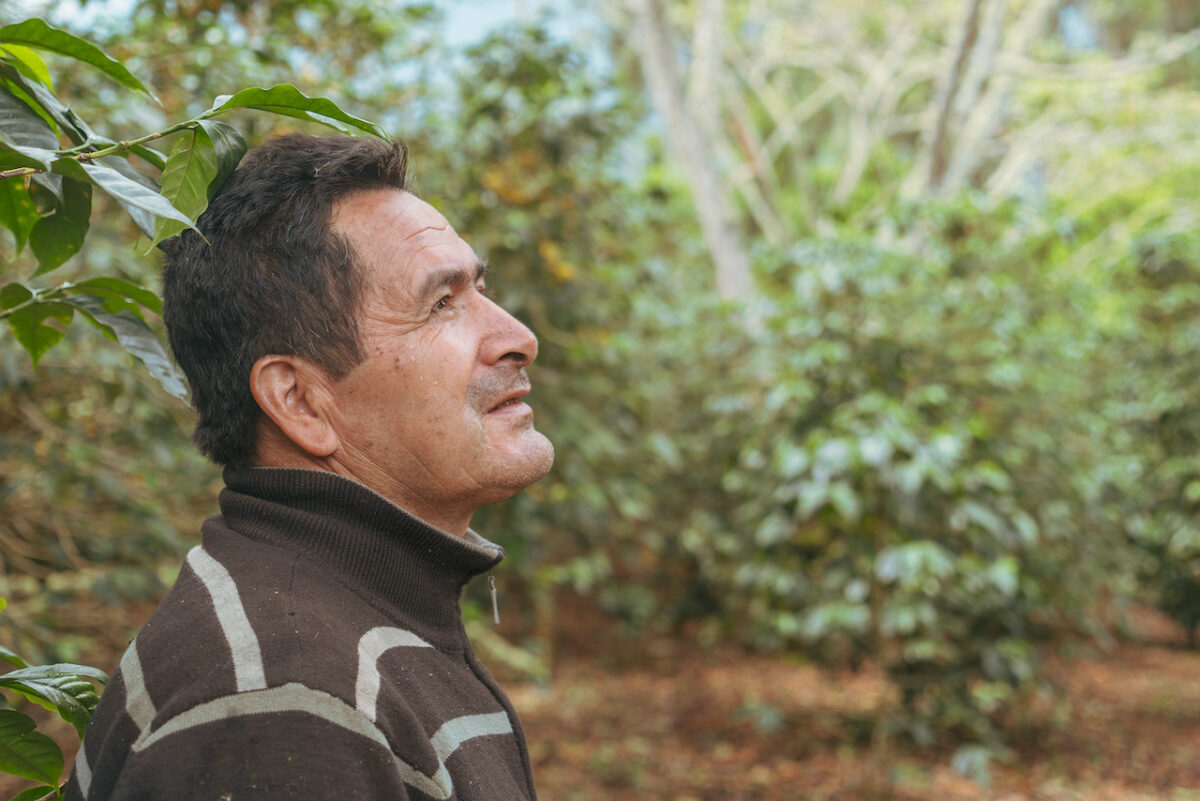
Currently, specialty coffee accounts for about half of the production at the Coronado’s coffee farm.
Hermogenes states, “I used to produce only commercial coffee simply because I didn’t have the knowledge about specialty coffees or how to grow them. Now that I have more knowledge or I should say I had to increase my knowledge in order to produce good specialty coffee, I naturally started to set a goal of producing better coffee each time.”
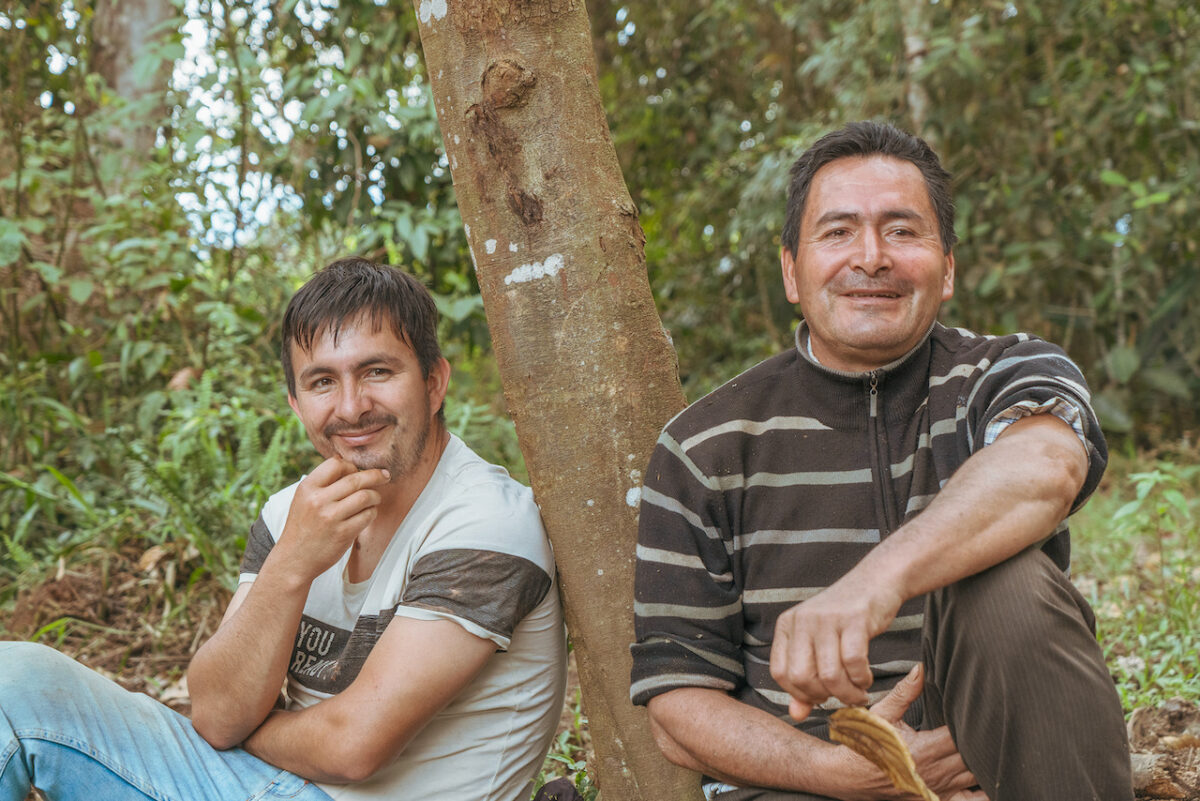
The direct trade of coffee will bring a new wind to their way of working and life style.
“I want people to imagine our efforts in producing good specialty coffee when they are drinking our coffee. TYPICA told me, ‘Your coffee was so popular and your offer list last year sold out quickly,’ which was such a great thing to hear for us producers. My son works at our farm with me, and I hope he will do an honest job just like I taught him.”
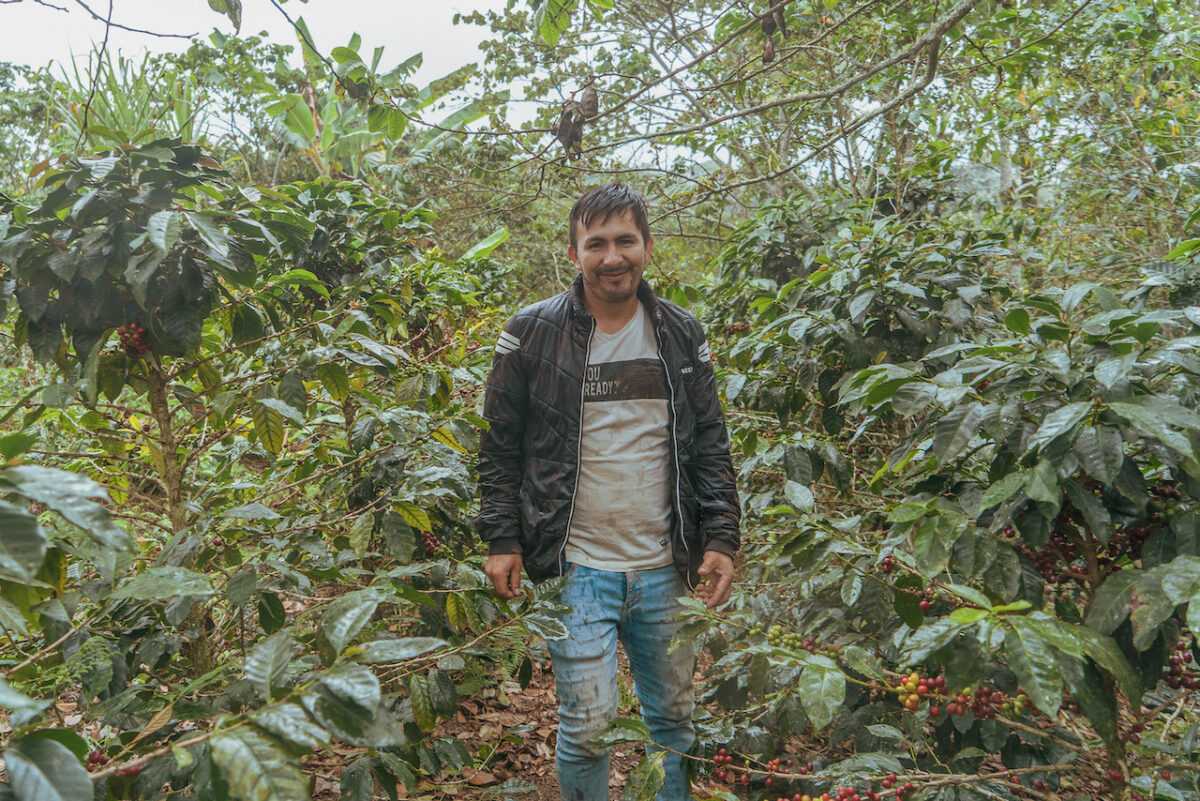
Unlike his lively father, his son Nicolas doesn’t try to hide his shyness by saying, “I don’t like to talk” and I can clearly sense he is an honest person. When I asked Nicolas, “Do you want your son to become a coffee farmer?” He replied, “If he doesn’t want to study, he can become a coffee farmer.”
It may take a little more time for Nicolas to be able to recommend the career of coffee farmer confidently to his son because he hasn’t yet fully grasped the very interesting side of the coffee business. If he carries on with devotion to his work, I have a feeling that he will surely be confident of his work in the coffee business, and proudly recommend the work to his son.









